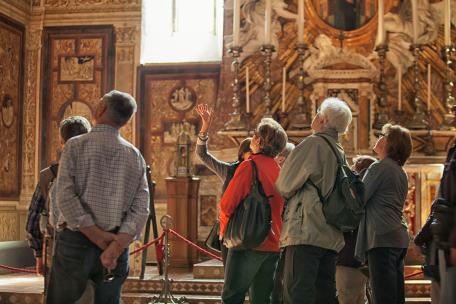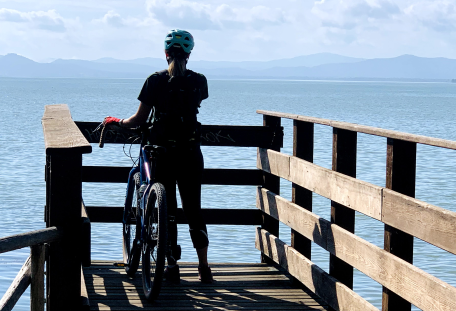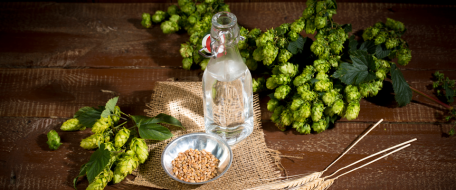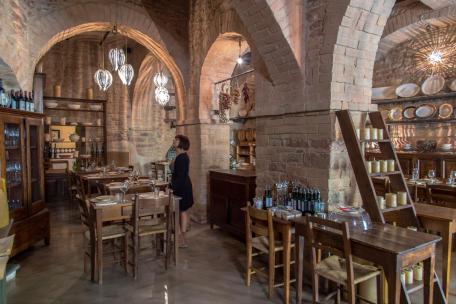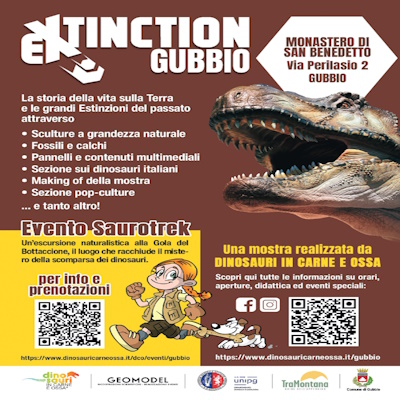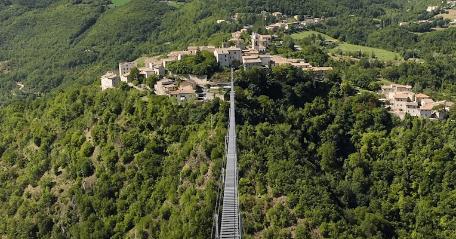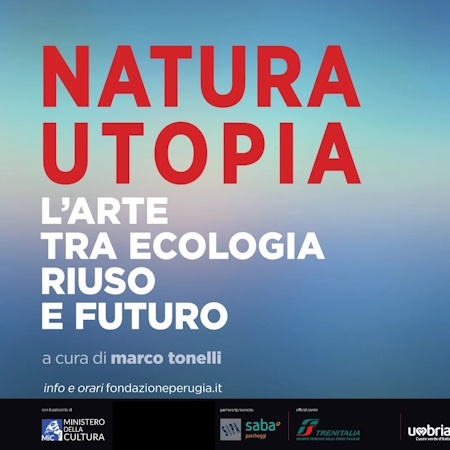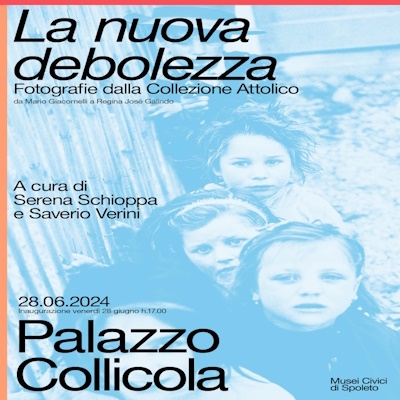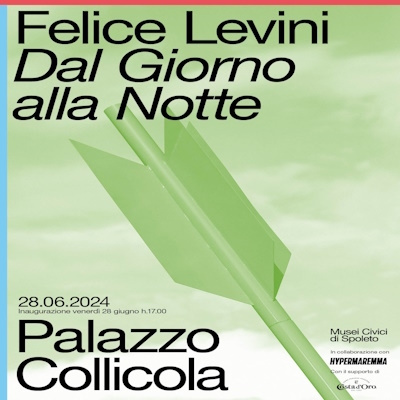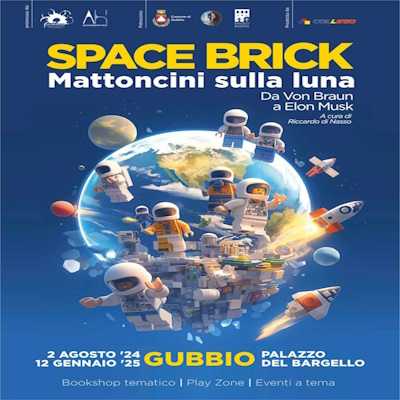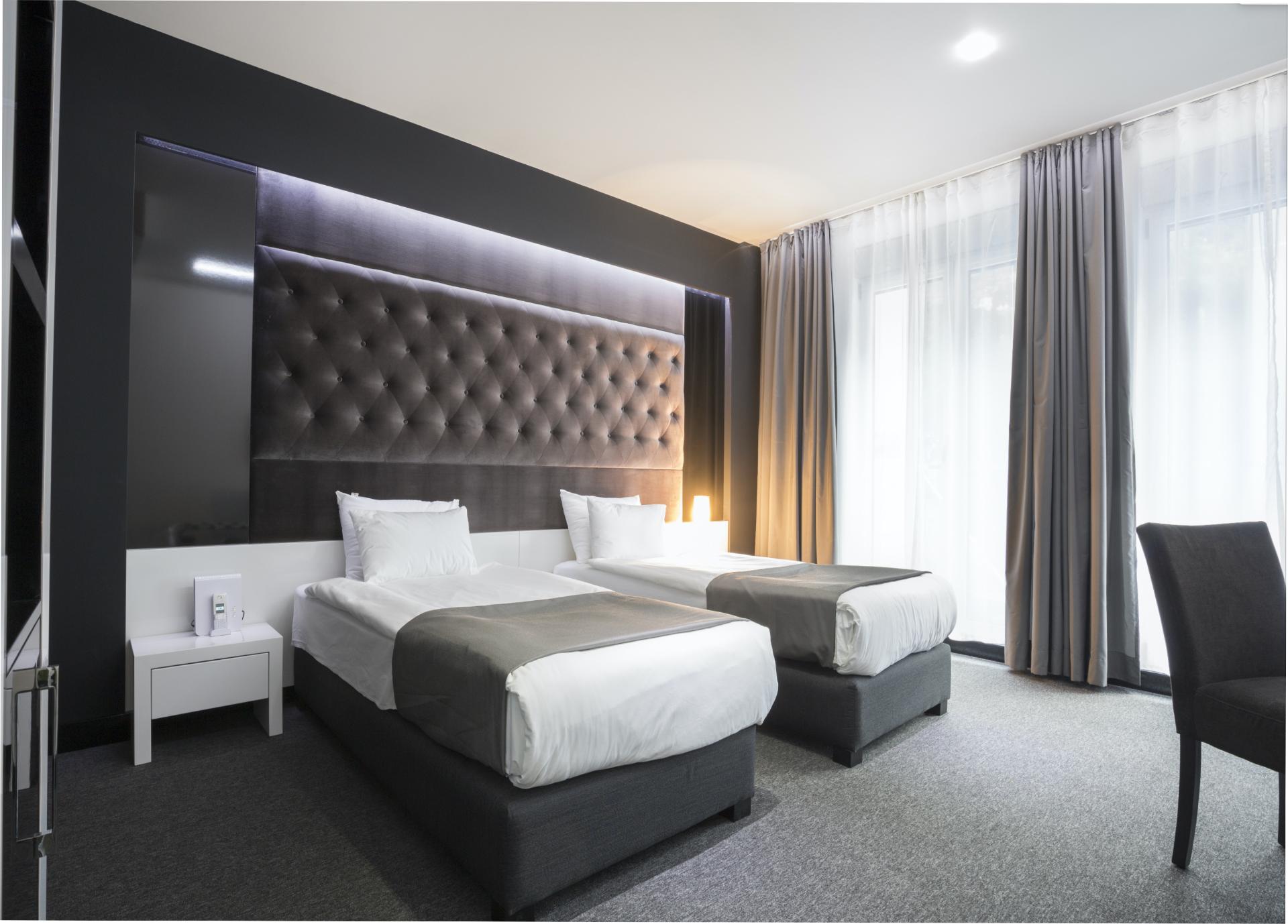HISTORY
The most reliable historical records date from 1235, when it was a fortified village under the rule of the Baschi family. The lords of the dominant castle ruled until the mid-16th century, when the people, outraged over a massacre perpetrated by the Baschi, seized and destroyed the castle and acquired the territory under their own rule, governing it until the birth of the Kingdom of Italy.
ART, CULTURE, ENVIRONMENT
The town makes a strong visual impact, with its compact appearance and uniformity of color. Sights include the Church of San Nicolò (16th century), designed by the architect Ippolito Scalza and with a polyptych by Giovanni di Paolo (ca 1440), and the Town Hall, which houses the Antiquarium, a permanent exhibition and educational space, featuring a display of artifacts from the flourishing pottery and terracotta workshops found during the excavation of the Scoppieto archeological site.
Nearby, traveling along the road skirting by Corbara Lake toward Todi, one reaches historical landmarks such as the Pasquarella Hermitage, probably dating from the 11th century, the Franciscan Convent of Pantanelli (13th century), where St. Francis is said to have stayed, Corbara Castle, and the enchanting medieval villages of Acqualoreto, Collelungo, Morre and Morruzze, steeped in history and monuments. Standing in a scenic position on the lake, the village of Civitella del Lago has a unique Egg Museum, which at Easter time holds the "Ovo Pinto" ("Painted Egg" in dialect) national show/contest. The ancient Romans painted eggs, and the custom is still widespread, especially in central Italy. There is a fascinating Roman pottery workshop from the 1st century AD found at the Scoppieto archeological site. Discovered only recently, this archeological area was an important Roman center for the production of pottery and terracotta. The wares were transported down the Tiber River to Rome, and then shipped across the Mediterranean Sea to cities on its coast.
Near Baschi there are also places of great natural and environmental interest, such as Corbara Lake, an area well known to tourists and sport anglers. The lake (created artificially for the production of electrical energy) and the surrounding area are popular attractions for a variety of sports: canoeing, trekking, spelunking, and rafting (Forello Gorge, Pozzi della Piana, Forra di Prodo). In the heart of the Tiber River Park protected area, established in 1995, the Forello Gorge offers a scenario of unspoiled nature: the Tiber winds through high rocky cliffs of travertine, and going down the river it is possible to see caves and many wild animals.










